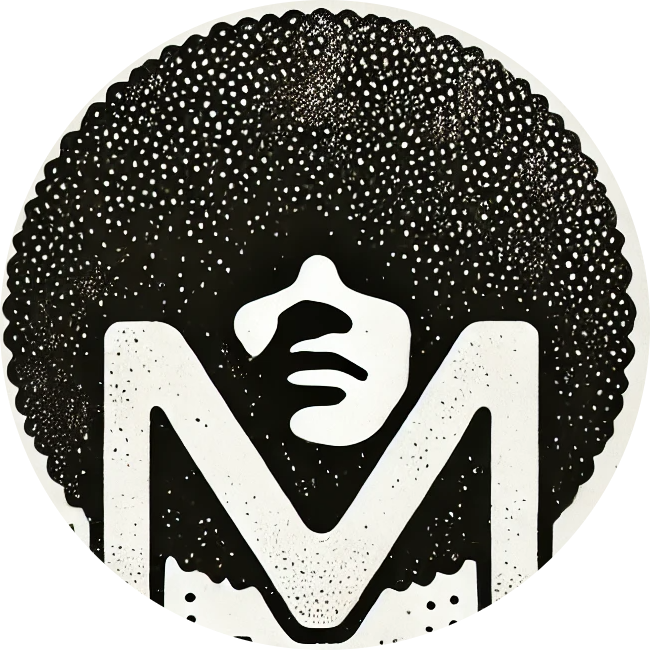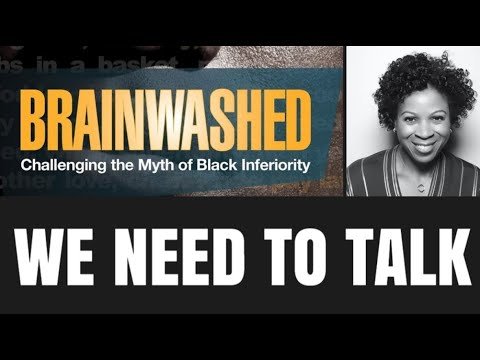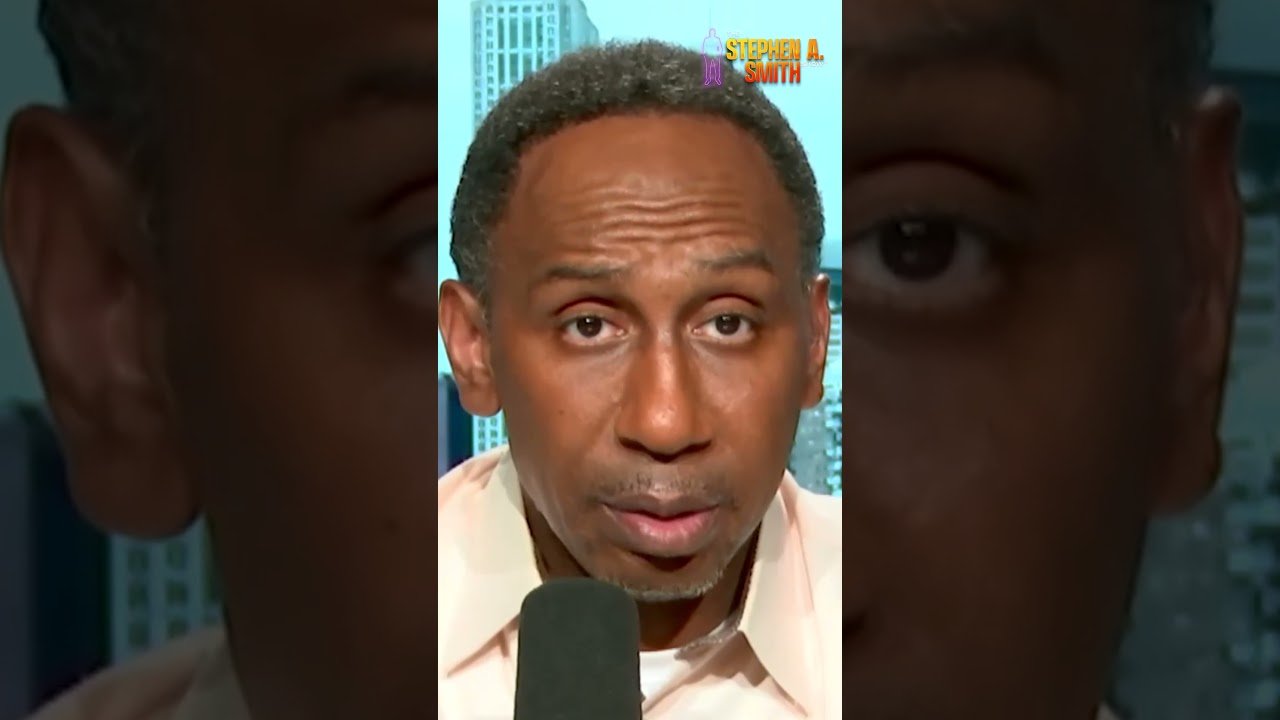Karen Hunter’s recent Youtube episodes weren’t just discussions they were a reckoning a masterclass in exposing how identity, culture, truth, and justice have been systemically manipulated to maintain white supremacy. Her conversation with Pastor Otis Moss III and commentary across the episode cut through political theater to confront America’s enduring moral crises.
The Invention of Whiteness and the Erasure of Ethnic Identity
“There is no white culture. Culture is connected to ethnicity and heritage.”
This assertion, repeated by both Hunter and Moss, goes to the heart of the issue: whiteness is not a culture. It is a political construct born out of colonial power and sustained through propaganda. There is no such thing as “white food,” only Irish, Scottish, French, or Italian food real, rooted expressions of ethnicity. Whiteness, on the other hand, was constructed as a blanket identity to uphold economic domination and justify slavery.
The damage is widespread. Many white Americans confuse Confederate symbolism with heritage, clinging to a false identity that masks cultural emptiness. Moss puts it plainly:
“You’re going to call that Confederate flag your heritage. But you don’t really know who you are. You are a wayward child.”
For Black Americans, identity was violently severed. Hunter and Moss highlight a life changing journey where six young scholars from Chicago visited the Senegambia region the ancestral homeland of many African Americans. On Kunta Kinte Island, they discovered names etched into ancient baobab trees, possibly those of enslaved ancestors. For these students, this wasn’t just a trip — it was an act of reclamation.
The Long Shadow of Propaganda
In dissecting the role of American mythmaking, Hunter turns to Tom Burrell’s Brainwashed, a book that lays bare the calculated marketing campaign of white supremacy.
“The marketing of Black inferiority and white superiority as building blocks for the founding of America is a chicken that has finally come home to roost.”
Burrell argues that slavery was sustained not just by force, but by narrative a public relations campaign that convinced both the oppressors and the oppressed that Black inferiority was natural. The contradiction between “liberty for all” and systemic dehumanization was smoothed over with lies. Today, the same lies show up in school curricula that erase African history and in public discourse that sanitizes Dr. King’s legacy.
Reparations: A Demand Deferred
Hunter reminded her audience that Dr. King was a revolutionary, not just a dreamer. In Why We Can’t Wait (1964), King wrote:
“No amount of gold could provide adequate compensation for the exploitation and humiliation of the Negro down through the centuries… Yet a price can be placed on unpaid wages.”
King proposed a sweeping reparations program. Decades later, HR40 — the bill introduced by Rep. John Conyers in 1989 to study reparations — still hasn’t passed. That’s over three decades of institutional foot-dragging.
Meanwhile, the racial wealth gap remains staggering. The 2022 Federal Reserve data shows the median white household with $188,200 in wealth compared to just $24,100 for Black households — an 8-to-1 gap. This disparity isn’t the result of personal failure. It’s the cumulative debt of enslavement, redlining, and systemic exclusion.
Political Consequences: The Price of Willful Ignorance
A montage of white voters expressing regret over supporting Donald Trump underscores another thread of the conversation: political ignorance. Many have now disavowed Trump and left the Republican Party. But Hunter’s response is unapologetically direct:
“I don’t accept your apology. You took the whole country down with you. This was a group project. And we all got an F.”
Trump’s rise was never about surprise. His behavior, beliefs, and background were public knowledge. What enabled him was a collective refusal to engage critically — a refusal that mirrors the resistance to racial justice and reparations. The problem isn’t just the man; it’s the system of denial that lifted him.
Comedy and Culture as Resistance
Comedy, too, is part of the battleground. Hunter points out that comedians like Ida Rodriguez and B-Flat are being sidelined, not for lack of talent, but because they challenge the status quo.
“People are not punchlines. If that’s woke, then call me woke.”
She quotes Cat Williams, who argued that political correctness is not the enemy — laziness is. Evolving humor means growing as a society. Comedy should punch up, not down. It should challenge, not coddle.
The Fight for Truth and Justice
The conversation ultimately reminds us: truth-telling is a radical act. From buried ancestral names to misrepresented civil rights icons, what’s been stolen must be reclaimed.
Hunter’s message is a challenge and a reminder. Culture must be reclaimed. Reparations must be pursued. Truth must be told — not just for history’s sake, but for the future we hope to build.
From stolen roots to stolen wages, from Confederate flags to whitewashed textbooks, the past is not past. But we are no longer asleep. The question now is: what are we prepared to do?
Watch more of the Karen Hunter Show here






